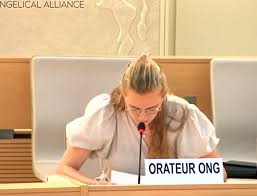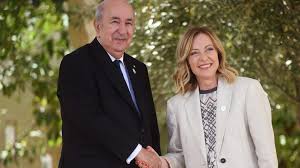Rama says ‘confident’ about Italy-Albania migration deal

Rome: Albanian Premier Edi Rama said on Saturday he is confident in a positive outcome for the agreement with Italy on migrant reception and processing in the Adriatic country, after the Albanian constitutional court suspended its ratification in parliament pending a decision on challenges to the plan.
"The Albanian Constitutional Court has done its duty, because according to the Constitution agreements are suspended automatically for consideration before they are ratified by parliament," Rama told the Atreju political festival of Premier Giorgia Meloni's right-wing Brothers of Italy (FdI) party in Rome.
"It is proof that I do not control the courts in Albania," he added.In early November Rama and Meloni signed a Memorandum of Understanding to set up two centres in Albania to process the asylum applications of migrants and refugees who have been rescued at sea by Italian navy, coast guard and police vessels.
The elderly, vulnerable, children or pregnant women, migrants and refugees who have been rescued by NGO-run ships and people who land directly on Italian soil are to be excluded from the deal.
Rama said he is "confident" in the court's assessment of the agreement because it "has nothing unconstitutional" and that he expects a decision to be taken "much sooner" than the March deadline.
"It is a very important agreement and we need both governments to know whether they can go ahead or not," he added.
Rama told Atreju it would be "pretentious" to claim the deal is "the solution", saying rather that it represents "an effort to find solutions where it is clear that European Union (member states) cannot understand each other".
The Albanian premier also said a "deeper solution" is needed to the problem of how the West is seen and perceived in Africa.
"However, in the meantime you have to work on solutions that maybe are not perfect," he insisted, adding that Albania has received requests for agreements on migrants from other European countries "but we said no".
The countries in question are "cousin countries, not brother countries like Italy", he continued.
"There is a difference: if we reach an agreement with a country like Italy we do it as a common effort, not as a third country on which to transfer the problem," said Rama, adding that Italy "is not transferring the problem, but trying to broaden the space to manage this course while dealing with the problem itself".




